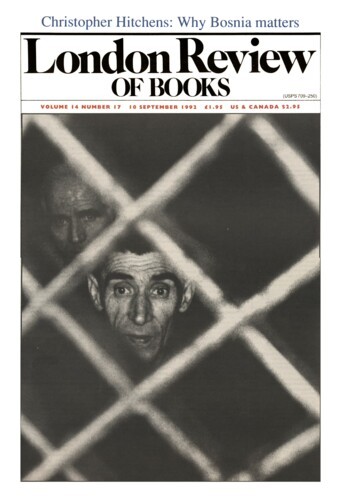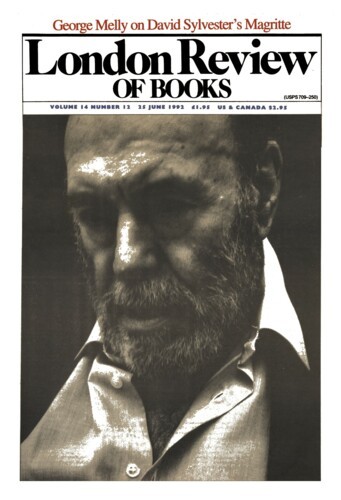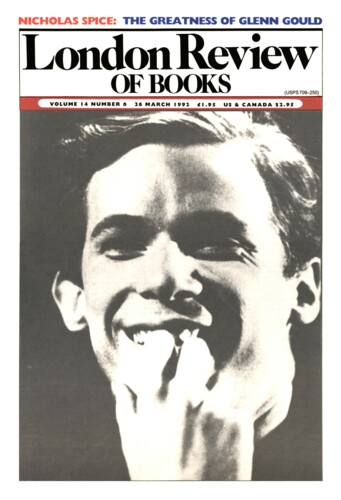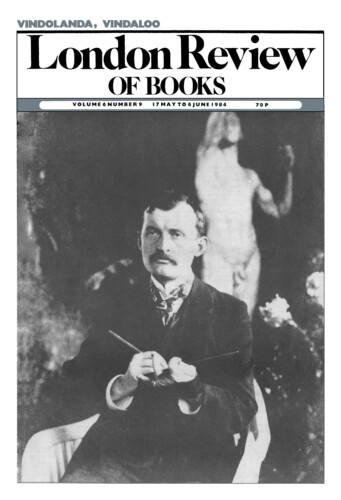These are intolerable: A Thousand Foucaults
Richard Mayne, 10 September 1992
Dryden’s gibe at the brilliant but wayward second Duke of Buckingham could be applied, with reservations, to Foucault:
A man so various, that he seemed to be
Not one, but all Mankind’s Epitome.
Stiff in Opinions, always in the wrong;
Was everything by starts, and nothing long.
He was certainly just as volatile. In his twenties a Stalin-quoting Communist, he later blamed the CP for...





